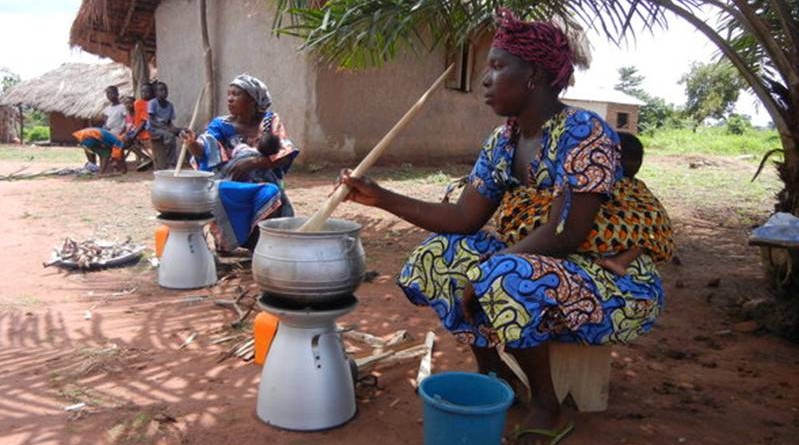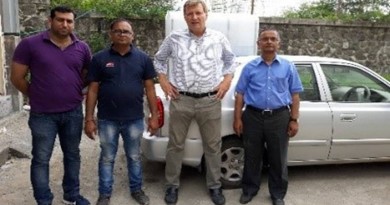Major Milestone in the Nigerian Clean Cooking Industry Reached as National Clean Cooking Policy is Launched
In a significant step towards environmental sustainability and public health, Nigeria unveiled its highly anticipated National Clean Cooking Policy (NCCP) on April 24, 2024, during the 17th Meeting of the National Council on Environment at NAF Conference Centre, Abuja, Nigeria. The policy, a result of collaboration between the Federal Ministry of Environment, Clean Cooking Alliance, Heinrich Boell Stiftung, the International Centre for Energy, Environment and Development, National Clean Cooking Committee, and other key stakeholders, was crafted based on robust evidence, including future scenario modeling for expanding access and assessing its impacts on health and the environment. Its development aimed to ensure that government clean cooking policies are more comprehensive, consistent, and aligned with the economic, social, and environmental objectives of the country. The primary objective of the National Clean Cooking Policy is to achieve clean cooking energy solutions for all households and institutions by 2030.
During the launch event, the Honourable Minister of Environment, Balarabe Abbas Lawal, affirmed the Federal Government’s dedication to supporting the implementation of the Policy by enacting its key recommendations. He emphasized the government’s commitment to raising awareness about the benefits of cleaner cooking solutions, providing technical and business training to enhance the capacity of local producers and distributors, and offering fiscal and monetary incentives to promote local manufacturing of clean cooking fuels and technologies. Additionally, Dr. Iziaq Kunle Salako, the Honourable Minister of State for Environment, assured that the Ministry would conduct regional and state launches and distribute the policy document to enhance awareness. Mahmud A. Kambari, the Permanent Secretary of the Federal Ministry of Environment, stated that the Ministry would ensure sufficient budgetary allocations for the Policy’s implementation.
In his statement, Senator Abubakar Kyari, the Honourable Minister of Agriculture and Food Security, expressed his Ministry’s intention to collaborate with relevant stakeholders in order to reduce agricultural waste by promoting the production of briquettes as an alternative to charcoal usage. Dr. Salisu Dahiru, Director General of the National Council on Climate Change, mentioned that development partners will provide support for programs aimed at implementing the NCCP, with specific funds already allocated for clean cooking initiatives.
Dr. Yusuf Maina Bukar, the Director General of the National Agency for the Great Green Wall, emphasized that the policy’s objective aligns with their mandate of mitigating climate change impacts through tree planting efforts across the country. He also highlighted the importance of disseminating the policy’s contents to the public. Various dignitaries present at the launch, including the Director General of NESREA, Director General of NOSDRA, Director General of the National Biosafety Agency, Engr. Ibrahim Sulu representing the Nigerian Alliance for Clean Cooking, as well as the 36 State Commissioners of Environment and Permanent Secretaries, pledged to adapt the policy to their respective regions. Additionally, academia representatives assured of conducting further research on clean cooking solutions.
The National Clean Cooking Policy aims to advocate, promote, and sustain various forms of clean energy and low-carbon sources for cooking in Nigeria. It acknowledges the crucial role of states and local governments in implementing its recommendations, marking a significant step towards Nigeria’s commitment to the United Nations Sustainable Development Goals and the Paris Agreement targets. By prioritizing clean cooking solutions, the nation reaffirms its dedication to preserving the environment, enhancing energy security, and promoting social equity for future generations. >>ACCESS THE NATIONAL COOKING POLICY DOCUMENT HERE<<



